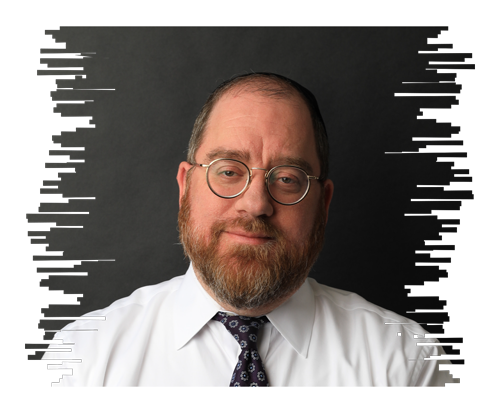At last night’s planning board meeting an objector corresponded with the board administrators to alert them to a serious conflict of interest issue regarding a Major Site Plan application (SP 2451 / 500 BLVD LLC) for a huge office complex in the Cedarbridge campus.
The issue was that the applicant’s engineer was a current employee of the applicant, Yehudah Unger and Josh Schmuckler, at a different business (Newlines Engineering) which he owns, and NJ State rules prohibit a professional’s testimony on behalf of his boss because his opinion is considered be influenced or tainted by his relationship with his employer.
Although the board members didn’t appear to have been informed about the nature of the problem, the applicant agreed at the last minute to withdraw that engineer’s representation and offered a different engineer instead. However, he failed to advise the Board that the second engineer was also his salaried employee, thus raising the same credibility issue and legal prohibition.
Apparently, this applicant is so accustomed to pulling shtick for his clients that he has no problem treating official regulations as a joke for his own purposes too.

The planning board has famously messed up on so many applications by just believing whatever nonsense the applicant’s threw at them and turned a blind eye to the concerns of the neighbors – even when they were very obvious.
Just take a look at another example that happened last night:
A new “Daycare” center (SP 2444) constructing a massive 63,000 square foot structure in an area with insufficient infrastructure. Neighbors came out and did a masterful job at explaining the problems, but Regency Development claimed that they need not worry so the board ignored the neighborhood and provided a very minor concession.
Both Glenn Lines and Jason Burneyko are engineer employees of Newlines Engineering which is owned by Yehudah Ungar who just happens to also be the managing member of the 500 BLVD LLC application (together with Josh Schmuckler). It is considered official misconduct, as mentioned earlier by REGNU, for the firm’s engineers to provide professional testimony on behalf of their own boss’s other business ventures.
How could our planning board allow them to get away with this?? Why is it so difficult to do things the proper way? Is there something which a non-conflicted engineer would’ve discovered about the project which could’ve caused a problem?
